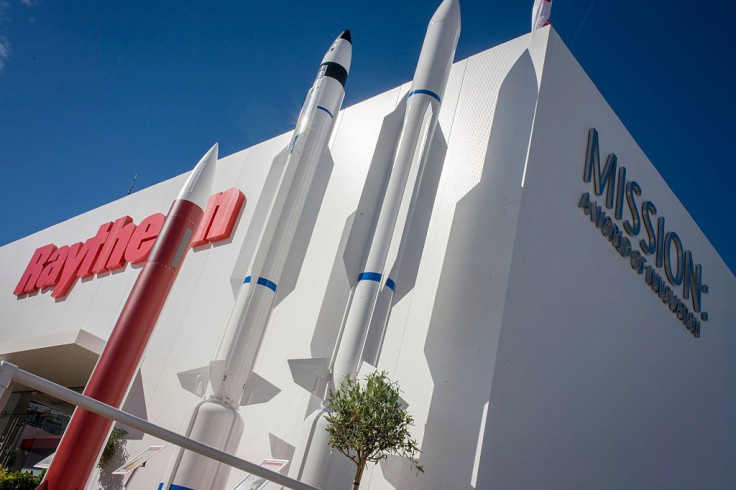Raytheon, United Technologies Merger To Create Second-Largest Aerospace, Defense Company

Raytheon Company, the world's largest maker of guided missiles, and United Technologies Corporation (UTC), one of the largest military contractors in the United States, are in advanced merger talks that will likely lead to the creation of a defense behemoth capable of better challenging The Boeing Company.
If completed, the deal will see the rise of the world’s second-largest aerospace and defense company by sales after Boeing with a combined annual revenue of more than $70 billion in 2018. Both firms are announcing the all-stock deal as a “merger of equals.”
The deal is expected to close in 2020 but only after UTC completes its divestment of subsidiaries, Otis Elevator Company and Carrier Corporation, a world leader in heating, ventilating and air conditioning (HVAC) systems. Media reports indicate UTC shareholders will control 53 percent of the combined company while Raytheon’s will hang on to the remaining 47 percent.
Combined, UTC and Raytheon are worth $166 billion. Raytheon’s sales rose 6.7 percent in 2018 to $27.1 billion. On the other hand, UTC’s entire business posted sales of $66.5 billion in 2018.
Raytheon is famous as the producer of the legendary Tomahawk air- and sea-launched cruise missile, together with radars and other electronic-warfare systems. It has the biggest export business among the five largest U.S. defense contractors.
UTC, which owns aircraft engine and gs turbine maker Pratt & Whitney, derives over a tenth of its revenue from U.S. government defense contracts.
Talks of a merger between Raytheon and UTC have long been on the grapevine, and while each firm has its specific reasons for wanting to merge, the combined firm will help both better cope with potential downturns in the defense and aviation industries.
Both firms are seeing welcome spikes in their stock prices as the Pentagon ramps-up spending. UTC’s shares are trading at 16.6 times estimated earnings, compared to 16 times estimated earnings for Raytheon, according to Bloomberg. Both stocks have jumped more than 20 percent this year, exceeding the average 15 percent gain in the S&P 500 Index.
Analysts note there still is a chance the deal might be scuppered, either by shareholders of each company or federal regulators.
© Copyright IBTimes 2024. All rights reserved.





















